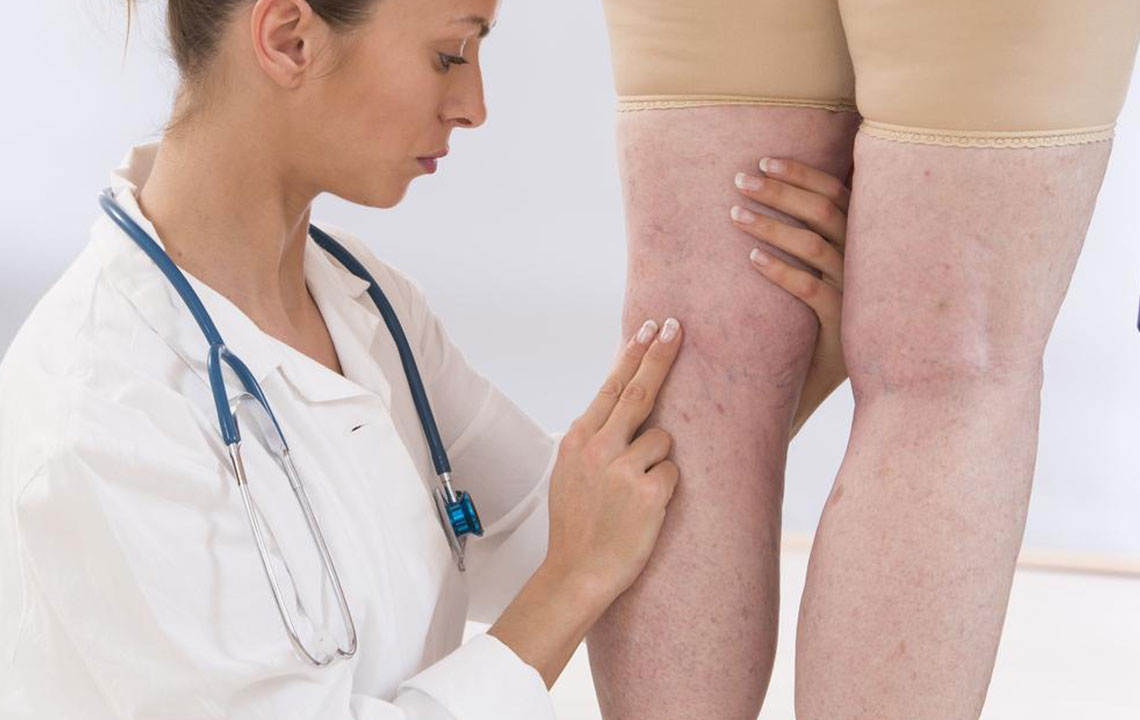Breakthroughs in Neurological Disease Management: Cutting-Edge Technologies and Treatments
Discover the latest innovations in neurological disorder management, including advanced imaging, minimally invasive surgery, and targeted radiation therapy. These breakthroughs are transforming patient care, improving recovery prospects, and enhancing quality of life for those affected by neurological conditions.

Breakthroughs in Neurological Disease Management: Cutting-Edge Technologies and Treatments
Neurological disorders encompass a broad spectrum of conditions that affect the nervous system, including the brain, spinal cord, and peripheral nerves. These conditions stem from diverse causes such as congenital abnormalities, immune system responses, cardiovascular complications, degenerative processes, and idiopathic factors where no specific cause can be identified. Each neurological disorder manifests with unique symptoms, ranging from motor impairments and cognitive deficits to sensory disturbances and behavioral changes. Despite significant advancements, many of these conditions, notably degenerative diseases like Parkinson's and Alzheimer's, currently lack a definitive cure. However, recent innovations have significantly improved disease management, slowed progression, and enhanced patient quality of life.
Neurological disorders such as multiple sclerosis, an autoimmune condition, benefit greatly from early diagnosis and continuous monitoring. Implementing early interventions can delay progression and reduce disability, ultimately allowing patients to maintain better control over their daily lives. Similarly, brain tumors, whether benign or malignant, demand prompt and precise treatment approaches, often combining surgical removal with adjunct therapies. The evolution of neurosurgical techniques has transformed treatment strategies, enabling safer, more effective interventions even in the most challenging cases.
Modern neurosurgery is now characterized by a multidisciplinary approach that integrates the expertise of neurosurgeons, neurologists, radiologists, and rehabilitation specialists. This collaboration is supported by state-of-the-art information technology solutions that have revolutionized surgical procedures. Advanced imaging modalities, such as 3D visualization, detailed preoperative modeling, and computer-assisted navigation, are at the forefront of this technological leap. These tools enable surgeons to plan and execute minimally invasive procedures with unparalleled precision, reaching deep-seated brain structures like the pituitary gland or brainstem with minimal trauma. Such innovations have dramatically improved surgical outcomes, reducing complications and accelerating recovery times.
Postoperative rehabilitation is a critical component of neurological disease management. Intensive physiotherapy, occupational therapy, and speech therapy are tailored to restore lost functions and ensure patients regain independence. These rehabilitation strategies are increasingly supported by technology, including robotic devices, virtual reality platforms, and tele-rehabilitation programs, which make recovery efforts more personalized and accessible.
One of the most promising areas in neurological treatment is in the field of radiation therapy, especially for tumors and some degenerative conditions. The development of precision radiation techniques has marked a new era in neuro-oncology. Modern beam-forming technologies allow for highly targeted delivery, minimizing damage to surrounding healthy tissue. This means better control of tumor growth, fewer side effects, and preservation of neurological functions. Techniques such as stereotactic radiosurgery and proton therapy exemplify these advancements, offering non-invasive options for patients who previously faced high-risk procedures.
Overall, the integration of innovative medical technologies, advanced imaging, minimally invasive surgical techniques, and personalized rehabilitation strategies has transformed the landscape of neurological disease management. As research continues and new insights emerge, patients suffering from neurological conditions can expect continued improvements in treatment options, leading to better health outcomes and improved quality of life.





